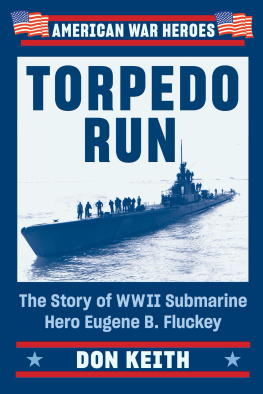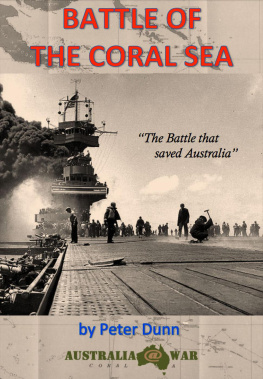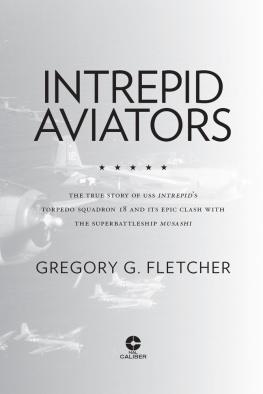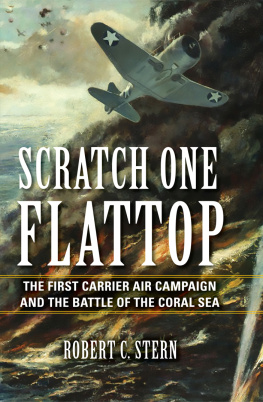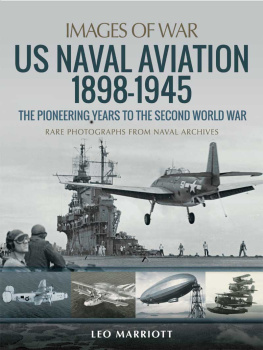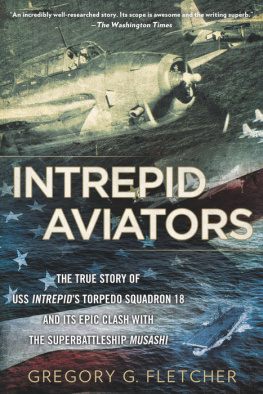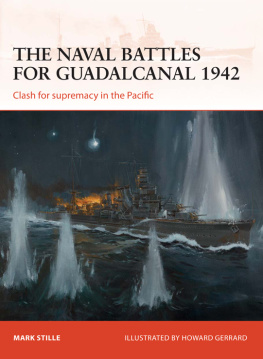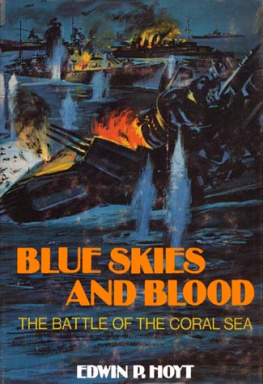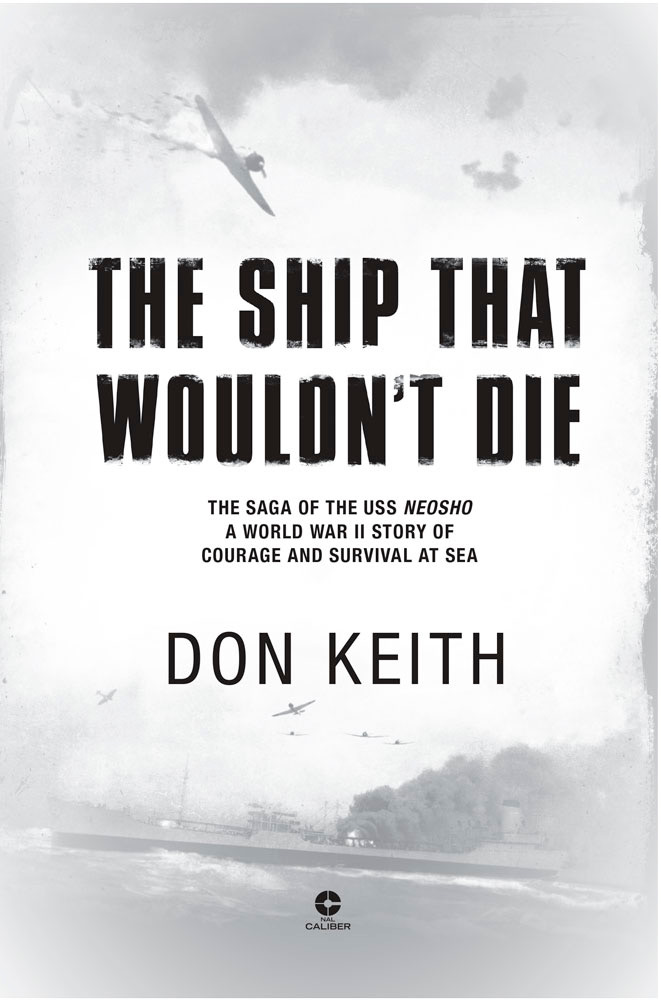BOOKS BY DON KEITH
Undersea Warrior: The World War II Story of Mush Morton and the USS Wahoo
War Beneath the Waves: A True Story of Courage and Leadership Aboard a World War II Submarine
The Ice Diaries: The Untold Story of the USS Nautilus and the Cold Wars Most Daring Mission (with Captain William R. Anderson)
Final Patrol: True Stories of World War II Submarines
The Bear: The Life and Times of Coach Paul Bear Bryant
In the Course of Duty: The Heroic Mission of the USS Batfish
Gallant Lady: A Biography of the USS Archerfish
NAL Caliber
Published by the Penguin Group
Penguin Group (USA) LLC, 375 Hudson Street,
New York, New York 10014

USA / Canada / UK / Ireland / Australia / New Zealand / India / South Africa / China
penguin.com
A Penguin Random House Company
First published by NAL Caliber, an imprint of New American Library,
a division of Penguin Group (USA) LLC
Copyright Don Keith, 2015
Map copyright Jeffrey Ward, 2015
Penguin supports copyright. Copyright fuels creativity, encourages diverse voices, promotes free speech, and creates a vibrant culture. Thank you for buying an authorized edition of this book and for complying with copyright laws by not reproducing, scanning, or distributing any part of it in any form without permission. You are supporting writers and allowing Penguin to continue to publish books for every reader.
NAL CALIBER and the C logo are trademarks of Penguin Group (USA) LLC.
LIBRARY OF CONGRESS CATALOGING-IN-PUBLICATION DATA:
Keith, Don, 1947
The ship that wouldnt die: the saga of the USS Neosho
a World War II story of courage and survival at sea/Don Keith.
p. cm.
Includes index.
ISBN 978-0-698-15780-4
1. Neosho (AO-23: Fleet oiler) 2. Coral Sea, Battle of the, 1942.
3. Survival at seaCoral Sea. 4. World War, 19391945Naval operations, American.
I. Title. II. Title: Saga of the USS Neoshoa World War II story of courage and survival at sea.
D774.C63K45 2015
940.54'2659dc23 2014038731
PUBLISHERS NOTE
While the author has made every effort to provide accurate telephone numbers and Internet addresses at the time of publication, neither the publisher nor the author assumes any responsibility for errors, or for changes that occur after publication. Further, publisher does not have any control over and does not assume any responsibility for author or third-party Web sites or their content.
Version_1
This book is dedicated to the yeomen, stewards, machinists, cooks, watertenders, radiomen, pharmacists mates, storekeepers, firemen, engine men, shipfitters, seamen, electricians mates, and all the other sailors who helped turn the tide of the sea war in World War II by performing bravely and well their crucial but unspectacular jobs, and doing so with little notice and no glory whatsoever.
And thus theyll fight for ages on til warships sail no more,
Amid the boilers mighty heat and the turbines hellish roar.
So when you see a ship pull out to meet a war-like foe,
Remember faintly if you can, the men who sail below.
From The Snipes Lament, author unknown
Contents

PROLOGUE
May 6, 1942, in the Coral Sea, between the Solomon Islands and Australia
Abandon ship! Everybody, get off the ship! the wild-eyed, red-faced sailor yelled as he ran through the vessels forward compartments. Shes goin down, boys, if she dont blow up first!
Another sailor, busy passing up ammunition to the gun crew above, had no reason to doubt the truth in what his shipmate was screaming. From his station in the number one magazinewhere shells were stored to feed the forward-deck gunthe barely twenty-year-old sailor could see nothing that was going on outside the hull, but could certainly feel the thuds and tremors, and heard the thunder as his big ship took vicious hits at the bow and amidships.
After a morning of cruel teasing, the vessel was now catching full-bore hell from a sizable and determined swarm of Japanese dive-bombers. Though the guns on his ship were firing back, it was cleareven down here in the dark, smoke-filled magazinethat the enemy planes were homing in, inflicting what could be mortal damage.
One near hit exploded in the water just on the other side of the ships starboard hull from where the sailor worked. The resulting shock wave almost knocked him and his buddies to the deck. The men regained their balance, and eventually their hearing, as they kept hoisting shells up to those who were manning the bow gun, doing their best to fend off their attackers.
Each man working in the magazine fully expected a bomb to crash through the deck above him at any second and light off the explosive ordnance stacked all around. They also knew the likelihood of some stray spark touching off the fumes from the cargo of fuel oil they carried in the big tanks directly below their feet.
The high-pitched chatter on the ships communications system confirmed that their vessel was taking one hell of a drubbing. Shipmates were dying.
Lets get the hell out of here! the man next to the sailor yelled. If all that fuel below... But the man turned and disappeared before he finished stating the obvious, his words overcome by the roar of explosions and the rattle of the ships antiaircraft guns.
The young sailor paused, looked around, and ran after his buddy. He took a detour to grab his life vest, which he kept stowed beneath his bunk.
It was not there. Some son of a bitch had apparently decided he needed it worse than his shipmate did. The sailor knew he would have to go into the sea without it.
Once topside, what he saw almost stopped his bounding heart. An enemy plane, its flaming wreckage still discernible as an Imperial Japanese Navy dive-bomber, had crashed into the stack deck, aft of the bridge. Bombs had found the fire room and engine room, letting loose superheated steam and setting fire to leaking oil. Gray-black smoke clouded the sky as it climbed toward the midday sun. Flames swirled upward from back there. There was chaos on the deck. Even as some men fought the fires and tended to the injured, others were running or jumping overboard, some bleeding, some badly burned.
For the moment, no more enemy planes could be seen, no bombs falling, no machine guns strafing the deck. As he considered the near-fifty-foot jump into the water without a life vest, the sailor wondered if it might be the better option to wait right where he was, to see if the attack was over, if the ship might stay afloat for a while. He might be able to help fight the fires and care for the injured, too.
But something else felt out of kilter. The deck. Beneath his feet, the decknormally solid and dependable except in the heaviest seaswas tilted just enough for him to notice. Somebody nearby dropped a wrench, and the sailor watched as it slowly slid away along the deck plates toward the far side of the massive vessel.
They were listing already, taking on water.
The ship was actually going to sink beneath them, go down suddenly, just as their escort destroyer, the USS


